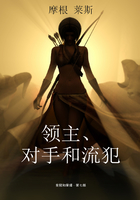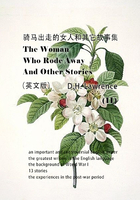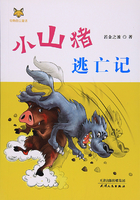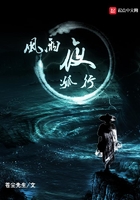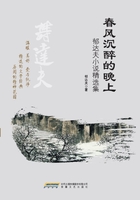There once was a successful author who wrote about simple truths. His books were designed to help himself and others manage and motivate people in more effective ways.
Everyone who read his books loved his stories and messages. He sold millions of copies. Yet there was one thing that troubled him.
It usually reared its head when someone told him, "I've read all your books and really love them."
The author had always been taught that true learning involves a change in your behavior. In fact, he thought that learning was a journey from knowing to doing. So if the person praising his work commented about a particular favorite concept, he usually asked, "How has knowing that changed the way you behave?"
Most people had a hard time answering that question. As a result, they often changed the subject by talking about another concept or some other book they were reading.
These kinds of interactions led the author to conclude that the gap between what people know-information they have picked up from books, audios, videos, and seminars-and what they do-how much they apply and use that knowledge-was significant. He found that was particularly true today with the incredible technology that makes knowledge easily accessible to everyone. People, he concluded, tend to spend considerably more time acquiring new information than developing strategies to use their newly acquired knowledge in their daily lives.
In his seminars the author tried everything he could think of to get people to be true learners and apply and use what he was attempting to teach them. To help them focus, he urged everyone to do three things he'd learned in graduate school from a professor who had been researching how to study for years.
The first thing the professor taught him was to insist that students take notes. Unless a person is one of the 0.0001 percent of the population who has photographic ears, listening alone will not make that person learn. In fact, three hours after a seminar or class, pure listeners will remember only about 50 percent of what they just heard. Twenty-four hours later, they will have forgotten 50 percent of that. At the end of one month, they will have less than 5 percent recall of the new material they were exposed to at the seminar.
The author confirmed this every time he was asked to speak at an annual company meeting. He always asked the audience, "Who talked to you last year?" They would scratch their heads.
"What did the speaker talk about?" he would then ask. People in the audience would strain to remember the subject, with no recall of what they actually had heard. So he always emphasized taking notes in his seminars.
The second thing the author did was to urge participants to reread their notes within twenty-four hours and summarize what he liked to call their "aha's" or key insights. He suggested that they either write them in clear, neat handwriting in a notebook or save them in their computers. Why did he insist they summarize their notes in clear, neat handwriting if they preferred a notebook to a computer? Because he found that after a seminar, the few people who did take notes would file them rather than review them. Later, when someone would say, "You went to that seminar-what was it all about?" they would open their file and-lo and behold-they couldn't even read their own handwriting. Their notes were useless.
Finally, he prodded participants to pass the knowledge on. He suggested that within a week of arriving home from the training, they schedule a conference room and invite everyone who was important in their world of work to come for half a day, so they could teach them the aha's they'd gleaned from the seminar. The author knew that one of the best ways to begin to apply new knowledge was to teach it.
Yet few, if any, participants really followed through on these suggestions. They just seemed to be too busy when they got back to work. This reinforced the problem: it is difficult to get people to use and apply knowledge they have recently gained.
Disappointed but not discouraged, the author continued to search for answers to close the knowing-doing gap. He visited universities and talked to professors. He visited corporations and talked to training directors. He visited foundations and talked to learning officers. They all identified with the problem, but none had a good answer. He started to wonder if he'd ever find the real answer.
Then one evening after dinner the author came across an article in a back issue of Fortune magazine about the legendary businessman Phil Murray, who owned and operated a number of profitable companies. He read about Murray's history as a successful entrepreneur, but that is not what attracted the author to him. What intrigued the author was Murray's long history as a guru in the personal development industry. What he found particularly interesting were the comments from people who had bought the entrepreneur's programs. The article cited case after case of people who claimed that what they were taught in Murray's programs had changed their lives.
"They actually used their new knowledge!" the author said aloud.
The next morning the author found the entrepreneur's Web site and called the contact number for his office, which luckily was headquartered only an hour away. An executive assistant named Evelyn told the author that Murray wasn't there; he and his wife were at their cabin in North Carolina. When Evelyn found out who the author was, she insisted that he call Mr. Murray at his cabin.
"I don't want to disturb his vacation with a work-related matter," said the author.
"Don't worry about it," said Evelyn with a laugh. "Phil's confused about the difference between work and play. He has reached the point in his life where he really enjoys helping others. I know he'd love to hear from you."


